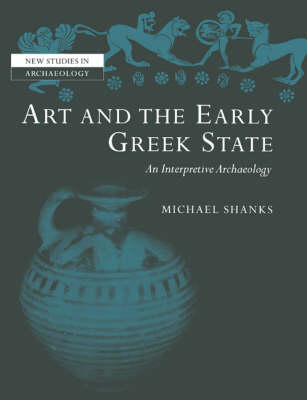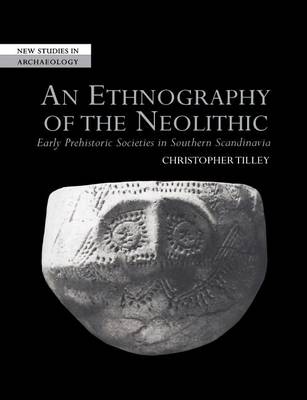New Studies in Archaeology
3 total works
Widely known as an innovative figure in contemporary archaeology, Michael Shanks has written a challenging contribution to recent debates on the emergence of the Greek city states in the first millennium BC. He interprets the art and archaeological remains of Korinth to elicit connections between new urban environments, foreign trade, warfare, and the ideology of male sovereignty. Adopting an interdisciplinary perspective, which draws on an anthropologically informed archaeology, ancient history, art history, material culture studies and structural approaches to the classics, his book raises large questions about the links between design and manufacture, political and social structure, and culture and ideology in the ancient Greek world.
First published in 1992. Routledge is an imprint of Taylor & Francis, an informa company.
Archaeological research in Sweden and Denmark has uncovered a startling array of evidence over the last 150 years, but until now there has been no comprehensive synthesis and interpretation of the material. An Ethnography of the Neolithic bridges this gap, giving an accessible and up-to-date analysis of a wide range of evidence, from landscapes to monumental tombs to portable artifacts. Christopher Tilley also uses this material as a basis for a provocative and novel reconstruction of late Mesolithic and earlier Neolithic societies in southern Scandinavia, over a period of 3,000 years. His skilful integration of archaeological evidence with new anthropological approaches makes this book an original contribution to an important topic, whose significance stretches outside Scandinavia, and beyond the Neolithic.


